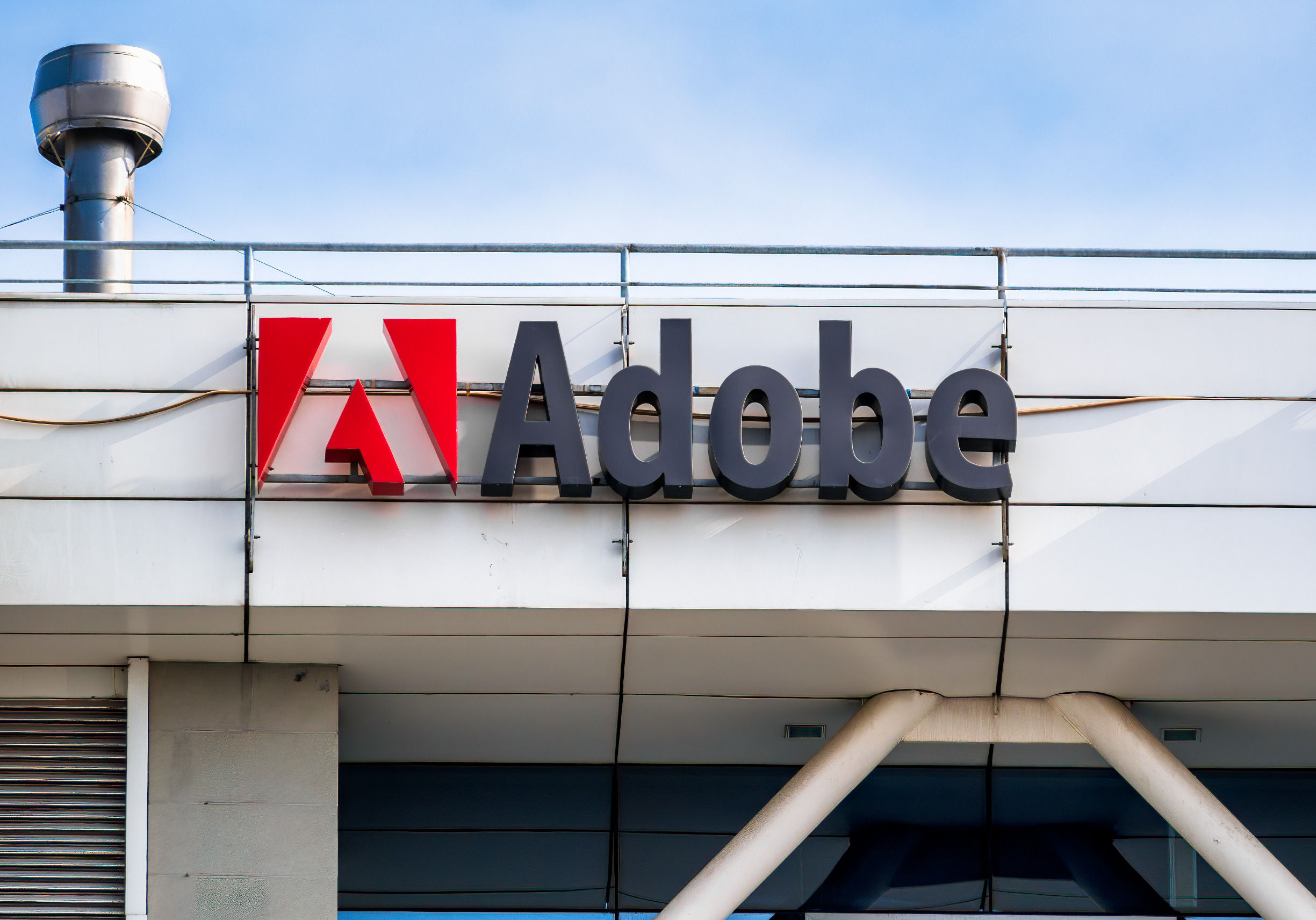
Adobe invests in AI video firm Synthesia after it hits $100 million in recurring revenue
- Startup reported £25.2 million pre-tax loss in 2023.
- Adobe aims to strengthen enterprise AI video capabilities.
- Synthesia serves over 70% of Fortune 100 companies.
Adobe has taken a strategic step deeper into artificial intelligence by investing in Synthesia, a London-based AI video startup, marking another sign of how enterprise software giants are backing tools that automate content creation.
The undisclosed investment comes alongside a major revenue milestone for Synthesia, which has crossed $100 million in annual recurring revenue.
The deal aligns Adobe, best known for Photoshop and Premiere Pro, with one of the fastest-growing players in synthetic media as demand for video content in enterprise communication surges.
Synthesia hits $100 million ARR
Copy link to sectionFounded in 2017, Synthesia develops an AI-powered video creation platform that allows users to generate realistic video avatars with minimal production input.
Customers, including over 70% of the Fortune 100, can either film themselves in Synthesia’s studios or use a personal device to build digital avatars for training videos, internal communication, or customer-facing content.
The company confirmed it surpassed $100 million in ARR, doubling year-over-year thanks to expansion among existing clients and strong unit economics.
However, despite the high revenue growth, Synthesia remains loss-making. In 2023, it posted a pre-tax loss of £25.2 million on £25.7 million in revenue, according to filings with Companies House.
CEO Victor Riparbelli said profitability is not an immediate focus, but the business has a clear pathway and sufficient cash from previous rounds.
The startup was valued at $2.1 billion in January 2024, with Adobe’s involvement now seen as part of a broader strategy to cement Synthesia’s position in enterprise video.
Adobe expands AI video strategy
Copy link to sectionThe investment is part of Adobe Ventures’ broader push into generative AI and follows its failed $20 billion bid to acquire Figma, a collaborative design platform.
While the exact size of the Synthesia stake has not been disclosed, the deal highlights Adobe’s ongoing interest in expanding beyond traditional creative tools into AI-native platforms that serve business customers directly.
Adobe’s flagship video product, Premiere Pro, is widely used by professionals in media and marketing.
With Synthesia, Adobe is tapping into a new segment — corporate clients looking to rapidly scale video output without traditional filming or editing processes.
This move also comes as Adobe faces competition from AI-first companies in the creative tech space. In recent years, Adobe has backed startups like Captions, VidMob, and Runway ML to broaden its innovation pipeline.
Synthesia now joins that portfolio as one of the more mature players with commercial traction.
Competition in AI video grows
Copy link to sectionSynthesia is one of several AI video startups competing for enterprise clients.
Rivals include Colossyan, DeepBrain AI, and Invideo AI — all focused on synthetic video generation.
Others like Filmora and Veed.io target lighter consumer-facing editing tools.
Meanwhile, OpenAI is entering the space with its text-to-video model Sora, capable of producing realistic video sequences based on user prompts.
Despite growing competition, Synthesia’s focus remains on business use cases — positioning itself as the “AI video platform for the enterprise.”
Its large client base and strategic backers like Accel, Kleiner Perkins, and now Adobe could give it an edge in a market increasingly interested in automation and personalisation at scale.
Investors still betting on AI
Copy link to sectionAdobe’s partnership comes amid sustained investor interest in AI-native platforms, especially those with proven commercial models.
Synthesia’s recent valuation places it among the top-tier AI startups globally, and its ability to double ARR within a year highlights both market demand and product-market fit.
The company has stated that it did not need the new funding but accepted it to accelerate product development and align with a strategic investor.
Adobe’s validation adds weight at a time when traditional software companies are increasingly looking for partnerships that can help them transition into an AI-first future.








